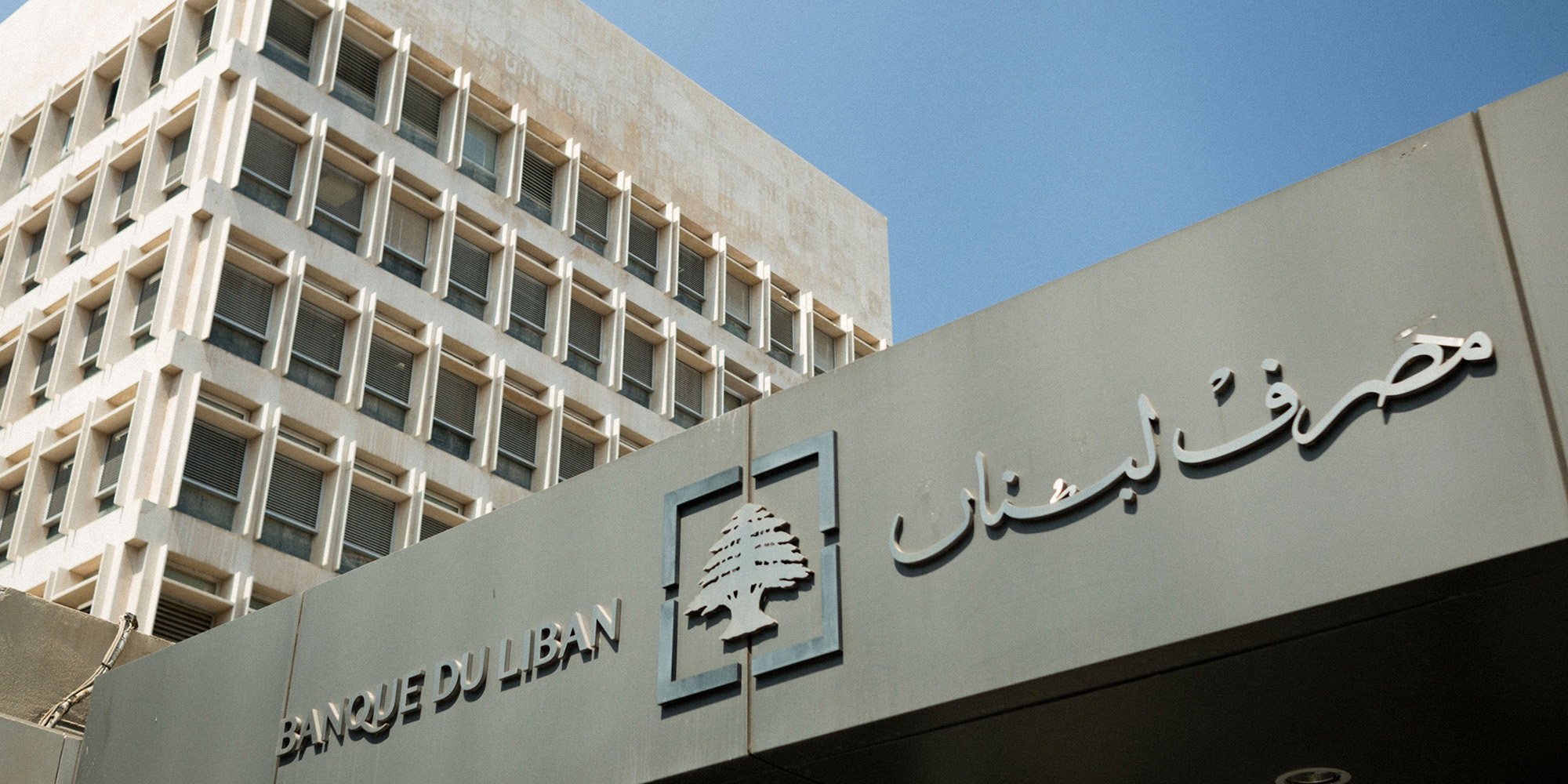In a damning report released Wednesday, the World Bank slammed Lebanon’s post-civil war public finance system for its long-term departure from orderly and disciplined fiscal policy; missed opportunities to protect most depositors, and “a collapse in already weakened basic public services.”
The IMF report added that the ongoing near collapse of many services has put the “social contract” between the government and the people in acute danger.
Entitled “Lebanon’s Ponzi Finance Scheme Has Caused Unprecedented Social and Economic Pain to the Lebanese People,” the report pulled no punches in questioning the government’s public finance system.
The World Bank analyzed the impact of Lebanon’s erratic macro and structural policies on lack of services, noting that the current crisis worsened long prevailing gaps in the financing of such basic services as water, electricity, transport, health, education, and social protection.
According to the World Bank, “public finance in post-civil war Lebanon has been an instrument for systematic capture of the country’s resources, as it served the interests of an entrenched political economy.”
The report also added that “excessive debt accumulation was used to give the illusion of stability and reinforce confidence in the macro-financial system for deposits to continue to flow in.”
It noted that Lebanon’s ongoing depression, “deliberate in the making over the past 30 years, has hollowed out the state in terms of providing basic services to the citizens.”
“The successive shocks that hit Lebanon since 2019 affected both the supply and demand sides in critical sectors,” the World Bank noted. As such, the problem stems from the political elite capture of state resources for private gain.
“The weakening of public service delivery was therefore a conscious effort made to benefit the very few at the expense of the Lebanese people,” the report said. “Citizens end-up double paying and receiving low quality products or services. The impact is also highly regressive as it affects middle- and lower-income groups much more significantly.”
This comes on top of an Institute of International Finance (IIF) report released in late July that seriously questioned the potential of any recovery scenario for the country as it enters the presidential election race in the next year. In its most pessimistic scenario forecast, the IIF said it did not expect Lebanese authorities to reach a final agreement with the International Monetary Fund (IMF).
“In the absence of financial assistance from the IMF, World Bank, and other official sources, the available official reserves would decline to less than $1 billion by 2026, meaning that BDL will be forced to use most of the obligatory reserve requirements of commercial banks,” the IIF said.
The public debt will remain close to 200 percent of the GDP in the absence of debt restructuring or a haircut on Eurobonds. Poverty and unemployment will continue to increase, and more than half a million Lebanese may leave the country over the next few years, according to the IIF.
Save the Children also recently reported that “faced with political inaction, these unresolved crises have created long-lasting scars on Lebanon’s economy and society: basic public services are failing, unemployment is rising unabatedly, and human capital is severely depleted largely due to emigration.”
The organization noted that all of this is falling disproportionately hard on children, particularly in the more impoverished areas of Lebanon.
The World Bank said, “It is important for the Lebanese people to realize that central features of the post-civil war economy — the economy of Lebanon’s Second Republic — are gone, never to return.”
In a stern warning, the Bank added that it is critical that Lebanon adopt a comprehensive program of macro-economic, financial, and sector reforms that prioritize governance, accountability, and inclusiveness.
“The earlier these reforms will be initiated, the less painful the cost of recovery will be on the Lebanese people.”


